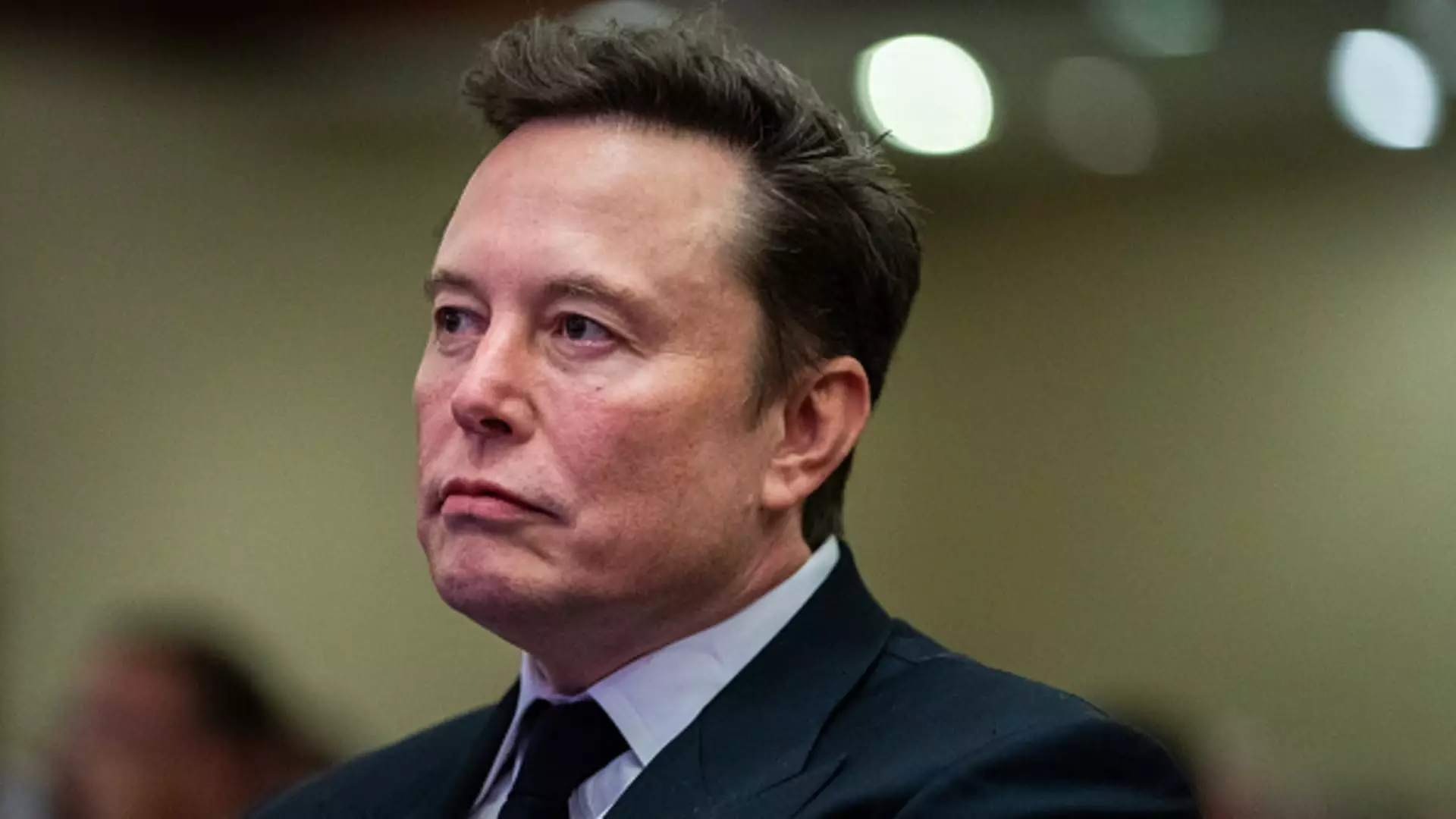Elon Musk’s foray into artificial intelligence through his company, xAI, is shaping up to be a monumental venture in the tech industry. Recent reports, including details from CNBC’s David Faber, suggest that xAI is in the midst of raising approximately $6 billion, which would position the company at a staggering $50 billion valuation. This influx of capital is largely expected to come from sovereign funds in the Middle East, amounting to $5 billion, paired with an additional $1 billion from various investors. Such substantial backing not only illustrates the confidence investors have in Musk’s vision but also sets the stage for xAI to significantly impact AI development.
One of the most intriguing aspects of this funding is its allocated purpose. According to familiar sources, the aggregated funds will primarily be directed toward acquiring 100,000 Nvidia chips. These chips are crucial for the development of AI systems and will likely enhance the computational prowess necessary for xAI’s ambitious projects, including the creation of a next-generation supercomputer based in Memphis. This strategic investment underscores an intent to leverage top-tier technology to gain a competitive edge in the burgeoning AI landscape.
At its core, xAI aspires to “understand the true nature of the universe,” a sweeping ambition that reflects Musk’s penchant for grand visionary statements. Since its inception in July 2023, xAI has been defined by its aspiration to unravel complex existential queries and provide solutions that integrate deeper philosophical and scientific understandings. This philosophical grounding, while ambitious, raises questions about the practicalities of AI advancements and whether such lofty goals can be translated into actionable technology that meets the fast-paced demands of today’s society.
The competition in the AI space is fierce, with xAI positioning itself as a direct challenger to established players like OpenAI, Google, and Anthropic. The launch of the Grok chatbot, which Musk likened to elements from “The Hitchhiker’s Guide to the Galaxy,” indicates xAI’s strategy to carve out a niche for itself among sophisticated conversational AI tools. Grok was introduced following extensive training, boasting real-time internet knowledge—a feature that aims to rival existing technologies while diversifying the AI chatbot market.
In the political arena, Musk’s influence seems to be extending further. Following Donald Trump’s resurgence as president-elect, Musk has reportedly begun collaborating closely with the new administration on technological strategies, particularly surrounding AI. This potential alliance raises significant implications for the direction of AI regulation and innovation in the United States. A connection between a high-profile tech entrepreneur and political power could mean accelerated policymaking that aligns with the interests of tech advancements, although it also brings forth concerns about ethical oversight and governance in AI deployment.
XAI is venturing into uncharted realms within artificial intelligence, equipped with vast funding, ambitious goals, and formidable competition. As Musk navigates both technological and political landscapes, the evolution of xAI may redefine not only the AI industry but also broader societal frameworks surrounding technology, ethics, and innovation. The coming months will be pivotal as Musk’s plans unfold, revealing whether this venture can transform visionary ideals into tangible advancements.


Leave a Reply
You must be logged in to post a comment.